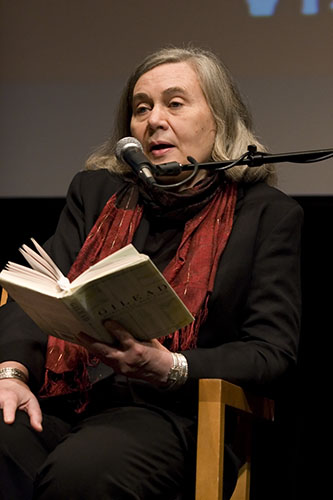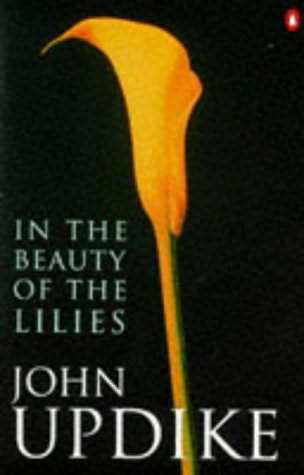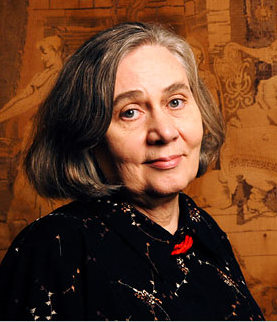Yesterday I posted Barney Zwartz’s piece on Peter Adams’ weighing in on a national discussion on the relationship between indigenous and non-indigenous Australians. [The full text of Peter’s talk is available here]. Adams’ word to non-indigenous Aussies is essentially, ‘Get out or pay up’. Zwartz (who blogs here) has now followed this up with another piece titled ‘Australia, the Aborigines, and restitution’:
Anglican theologian Peter Adam thinks that unless Australia’s indigenous people give us belated permission, everybody whose forebears came after 1788 should decamp and return the land to its first inhabitants.
In a public lecture on Monday, he said that if the non-indigenous stayed they should have to provide whatever recompense the indigenous thought appropriate for the genocide and theft they have suffered.
Impossible! Absurd! Surely this is mere posturing? Neil Mitchell on radio station 3AW certainly thought so. He gave a 60-second tirade against Adam, apparently based on just the short Age report, saying it was the reason why no one should ever step inside a church again. And he thought Adam was melodramatic.
But there’s method in Adam’s madness. First, the Reverend Dr Peter Adam, principal of Ridley College, is a sober and sensible man, a conservative evangelical Christian, who thinks carefully about what he says. He knows very well how impractical and impossible it is for 21 million people to uproot themselves.
Probably Aborigines would not want us to – it’s hardly realistic for them to revert to a pre-colonial hunter-gatherer life. And how far back do you go? For the English would it be ”go home Normans”? Or Vikings? Or Saxons?
And who qualifies as an Aborigine? A Maori leader in New Zealand once said being Maori was a state of mind. ”Beethoven was a Maori,” she said. If being Aboriginal was a state of mind that brought instant reward, large numbers of Australians might self-identify.
But Adam wants to make two points. First is the gravity of what the indigenous people suffered. However impractical, mass emigration would be the moral response because ”what was done was so vile, so immense, so universal, so pervasive, so destructive, so devastating and so irreparable”.
The Christian concepts of repentance and restitution or recompense are profoundly radical. Adam’s idea is in keeping with the biblical concepts, even if these are honoured more in the breach than the observance now that Christianity is so institutionalised.
So it’s not merely rhetorical, however impractical. After all, the colonial powers returned India, Africa and Indonesia to their inhabitants.
The second point, the one that should gain traction, is that Australians need to grapple seriously with the idea of recompense – real recompense – perhaps for the first time. He wants to dispel the convenient fancy articulated by a former prime minister that we are not responsible for our forebears’ actions and owe no apology. Adam said: ”It is right to say ‘sorry’. For they were serious crimes and sins. They included the theft of land, which was not only the theft of livelihood but also the theft of home, identity and religion. They included murder and manslaughter, the destruction of social structures and culture, the breaking up of families, the desecration of the dead and genocide, with no legitimate justification.”
Nor are the churches exempt: their prosperity, he charged, ”has come from the proceeds of crime”.
He wants to rekindle the debate, move it beyond the relatively restricted arguments about apologies and native title. Of course, the broader Australian community has a vested interest in averting our eyes and wringing our hands over Aboriginal suffering. After all, we mean well but it’s so intractable. Adam’s point is, that won’t do – we must go much deeper and it starts with the indigenous telling us what they need. We need fresh eyes and an honest appreciation before we can grasp the gravity and really make amends.
And if Adam’s words are confrontational, that is thoroughly consonant with the ancient Hebrew device of hyperbole, found throughout the Bible. For example, when Jesus said ”And if thy right eye offend thee, pluck it out, and cast it from thee”, what he meant was take the notion of sin seriously; it matters what you do.
And that, surely, is Adam’s point: it matters what we do. It matters to indigenous Australians, it matters to the rest of us, and – for the religious among us – it matters to God.
 Oh, give me your pity!
Oh, give me your pity!
















